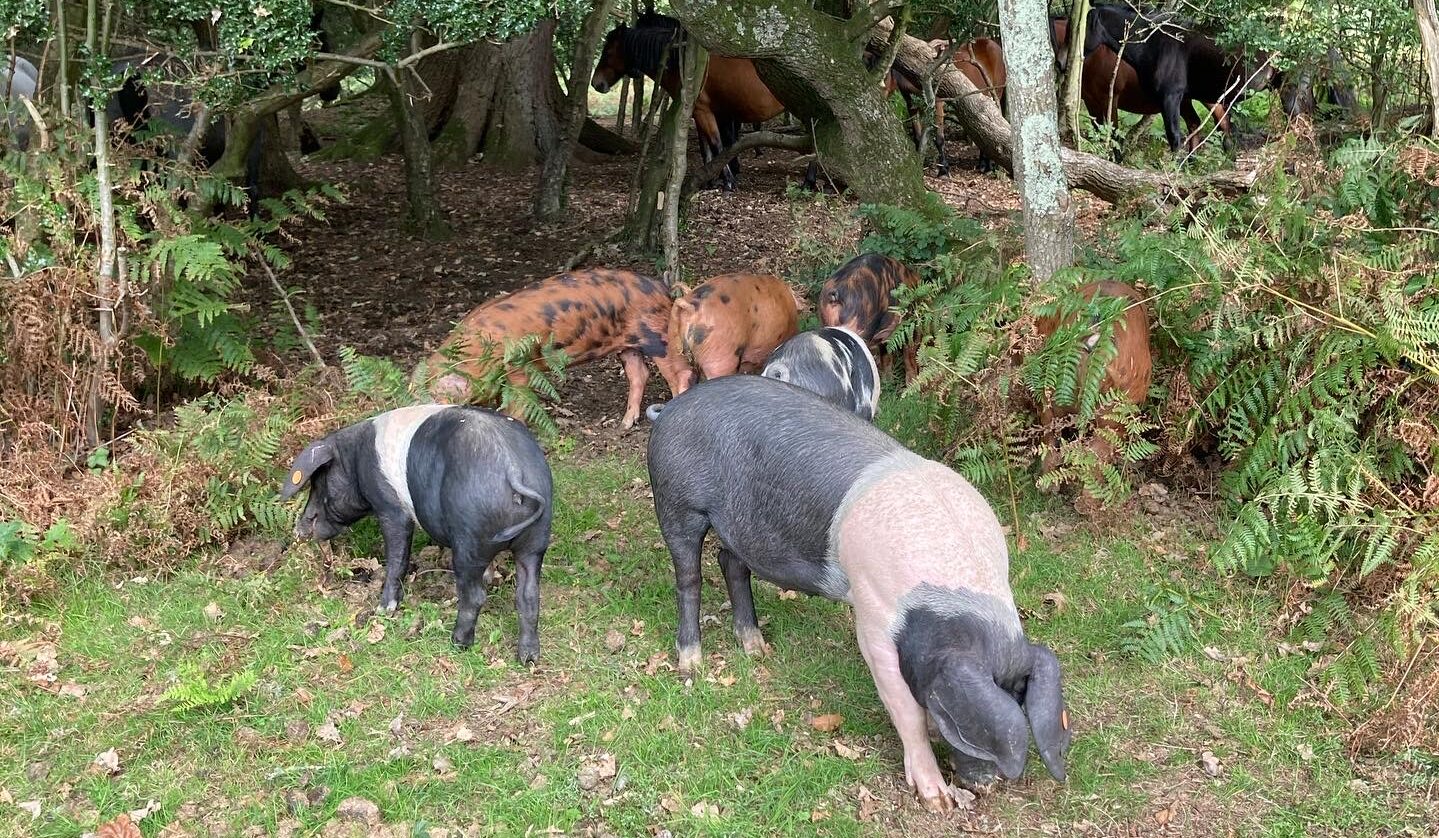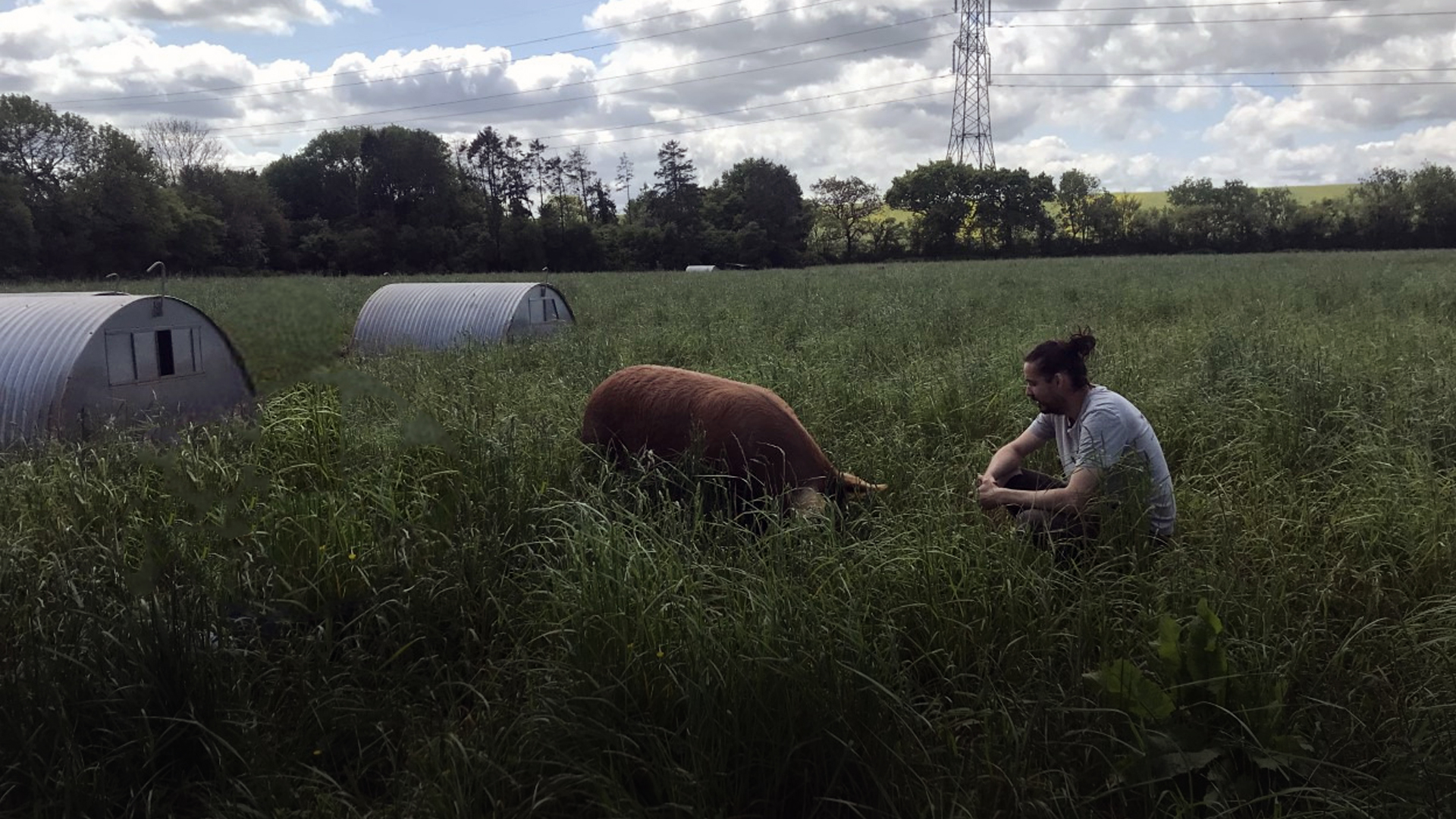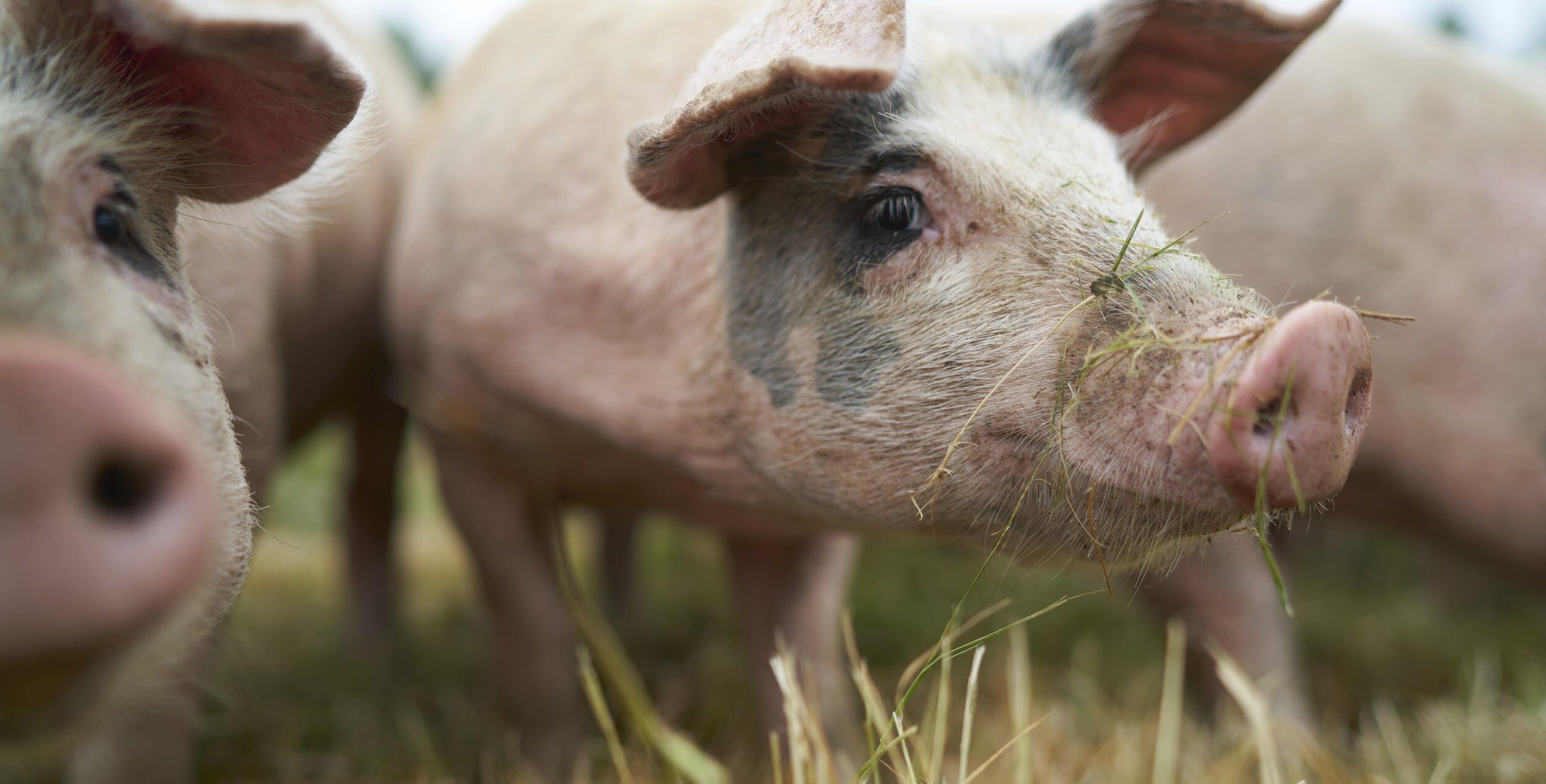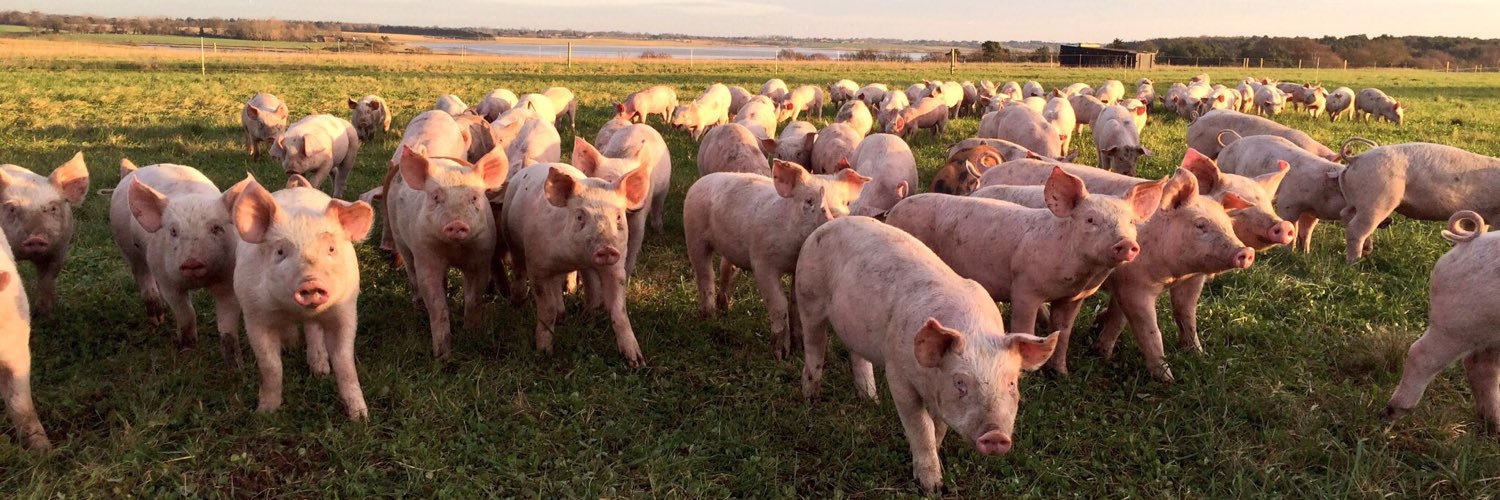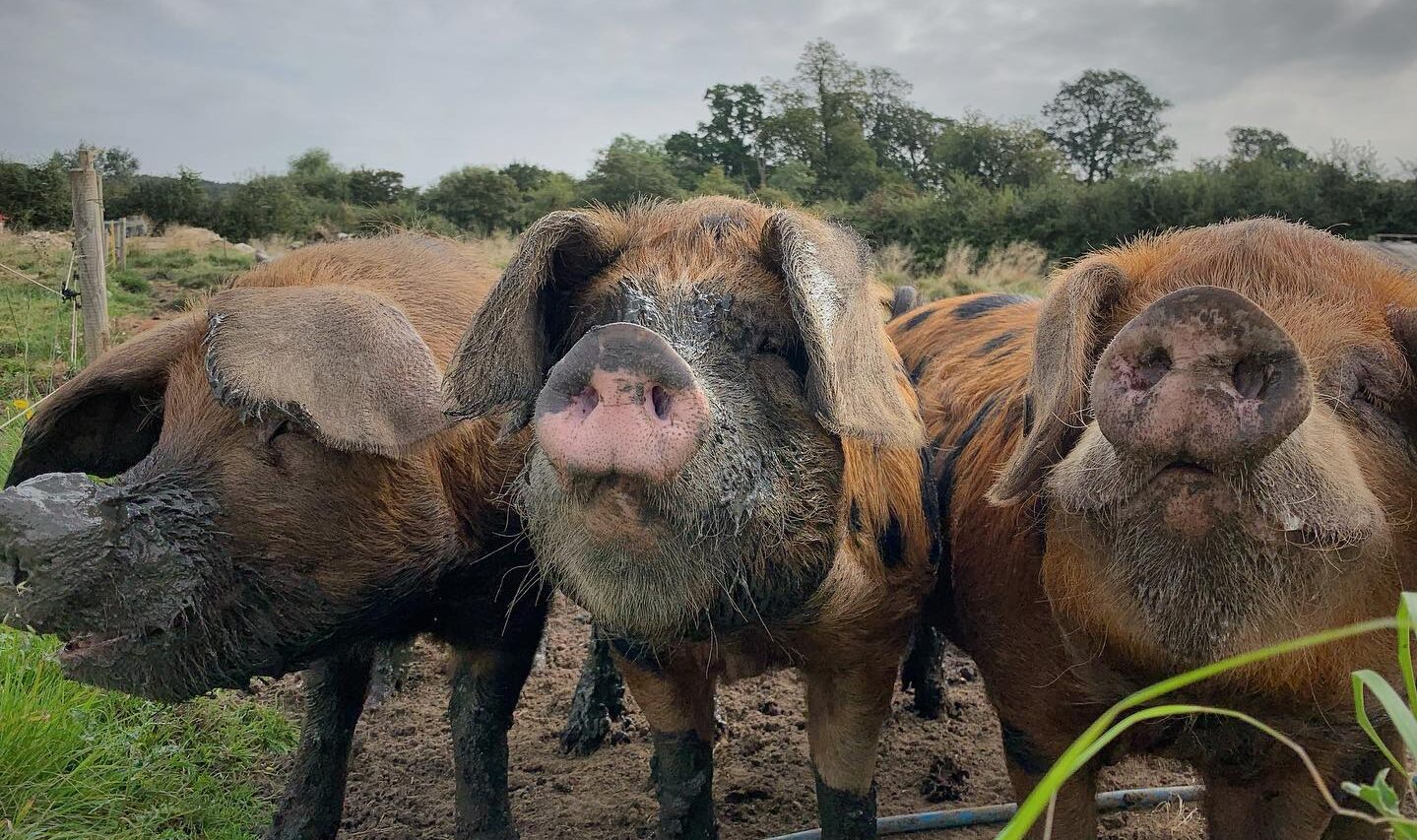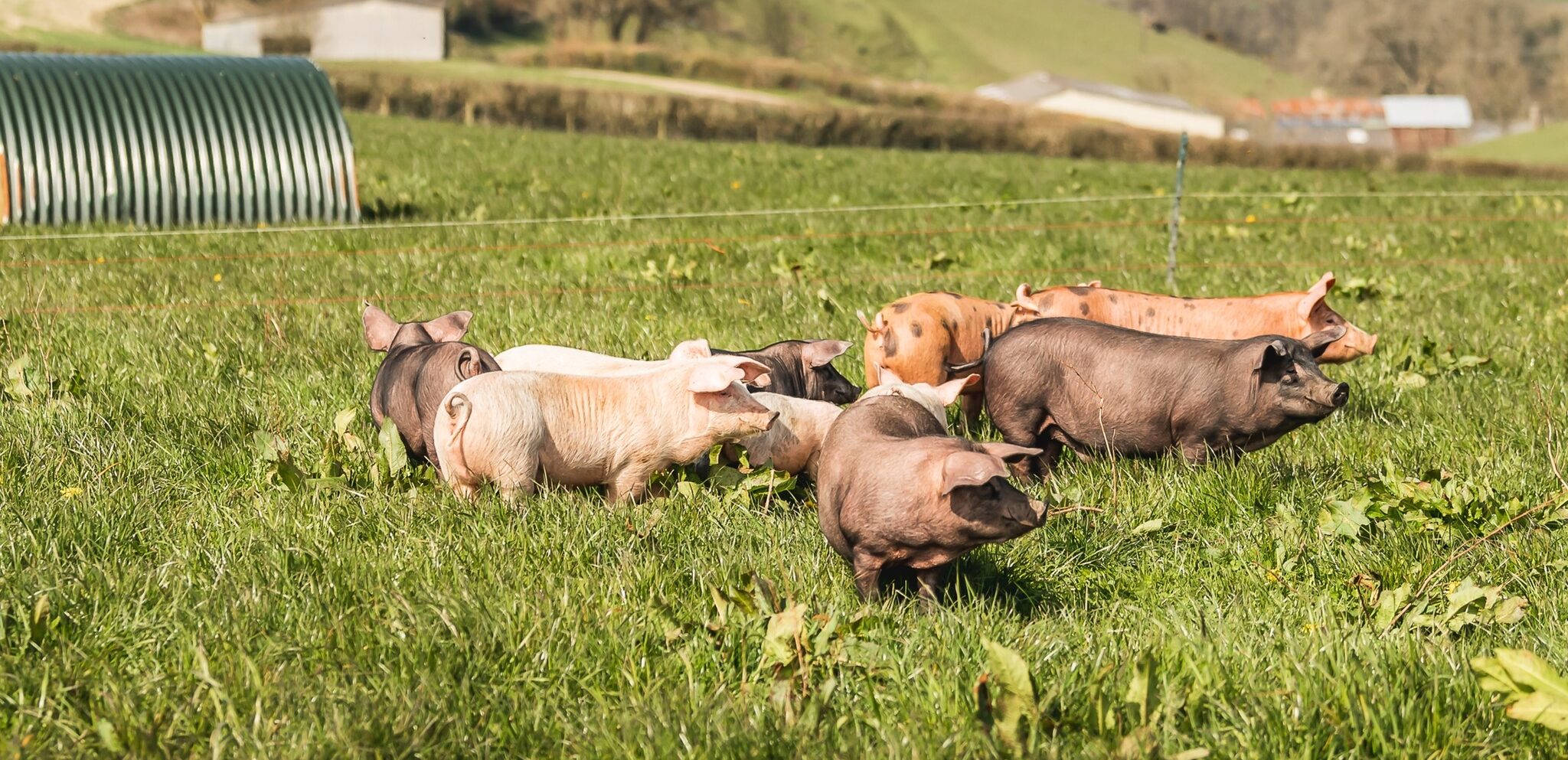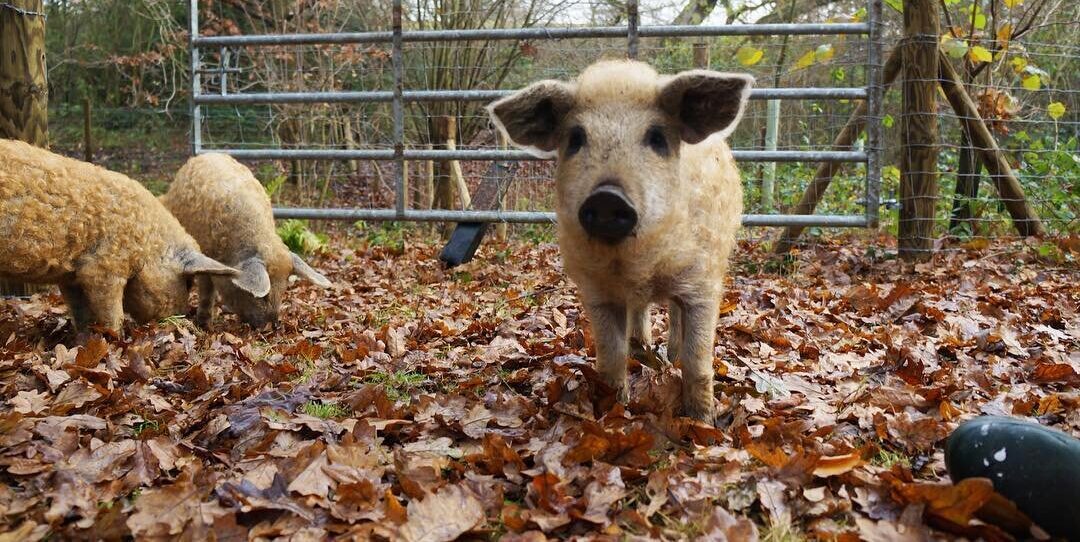Darren’s seventeen-year career as a chef includes spells with Michael Caines, Marco Pierre White and as a much sought-after private chef. Over the years he has developed his own style of cooking which is influenced by Scandinavian food culture, British food history, wild foraged ingredients and the art of cooking over the embers of a fire.
Today, surrounded by rolling green hills and a spacious kitchen garden he’s the head chef at the Pythouse Kitchen Garden in Wiltshire.
‘The chef I admire the most is Niklas Ekstedt, I love Nordic cuisine and it’s been a huge influence on the food I cook now. The food in Scandinavia has a real feeling of where it comes from in a natural and cultural sense, that’s something I would like to bring to the diners here at Pythouse.’
Originally from Devon, Darren has worked throughout the South West, developing a flair for butchery, fermentation, sourdough baking, curing and preserving.
When he was nineteen his ambition was to be a sports psychologist, but while studying for his A levels he was seriously injured in a horrific knife attack that left him suffering from lack of sleep, night terrors and depression.
‘I was mid studies in my A levels when I started to suffer from PTSD after being stabbed in the town where I lived. At the time I had a job in a fish and chip shop, the owner was a trained chef himself. We spoke at length about what I could do as an alternative career, he mentioned becoming a chef as I had an interest in food. That’s where it began.’
Then, for four years, Darren was head chef at an organic farm and restaurant in Cornwall where he served foraged wild fruit and herbs along with produce grown in the kitchen garden and meat from livestock raised on the farm.
The winter larder was stocked with preserved, pickled and fermented produce from the garden topped up with nuts, berries and dried mushrooms foraged in the summer from the hedgerows, pasture and surrounding woodlands.
Darren’s food philosophy is to produce dishes with an unmistakable sense of the soil, rainwater and sunshine that made them grow, where provenance is not just the back story, but is everywhere in the look, feel and taste of the food.
‘Dishes usually stem from an ingredient I’ve preserved, thought of an interesting way to cook or is bang in season. That’s usually where I start, then I look to the garden for herbs, fruits or vegetables to pair with and then see if we have any seasonings from the larder or wood saved from pruning to cook over such as blackcurrant wood, apple or dried fennel.
‘I find the produce keeps for longer, it can be used with very little waste as even the trimmings have flavour and can be used. You must work on a very small scale to find a difference noticeable by customers. Amazing vegetables from our garden are far superior to even the best commercially grown or wholesale vegetables that farm ethically and sustainably. Small scale pasture fed meat is incredible by comparison also, on this scale is where I see the difference and so do the customers.’
In the video Darren cooks a pork chop sourced from a pannage pig that had been allowed to roam in the New Forest for three months rooting and foraging for acorns, beech mast, mushrooms, grubs and a multitude of other things that give the pork a deeper red colour like Wagyu beef and exceptionally rich flavour.
Comparing the life this pig had left to the dreadful conditions endured by pigs in factory farms, Darren says is like comparing night and day.
‘They have no space to move or socialise, or express their natural behaviour.’
Are there any ingredients that you would never use?
‘Factory farmed meat! We have not used any at the restaurant, as an observation it is certainly on the way out amongst chefs.’
Andrew and Sarah Parry-Norton manage Storms Farm in the New Forest, a traditional family-run farm with Devon cattle, sheep, hens and pigs that graze in the woods every autumn. The produce is sold at the farm or delivered to local customers through their business The Commoners Larder.
A Commoner is someone who occupies land or property that has Rights of Common attached to it, including rights which allow them to turn out ponies, cattle, donkeys and pigs onto the unenclosed parts of the New Forest to graze.
The common rights of the New Forest are attached to property, such as a house or piece of land, and not to a person or their family. Not every property in the New Forest has common rights. Which have existed since before the creation of the New Forest by William the Conqueror in 1079.
Pannage is the right to turn out pigs in the autumn to feed on the fallen acorns which can be toxic to ponies and deer, so having the pigs eat them reduces the risk of the other animals being poisoned. There are about 600 pigs grazing the New Forest every autumn.
Andrew says, ‘The acorns are poisonous to the ponies and cattle but the pigs absolutely love them with no side effects whatsoever. These pigs are the next thing to being completely free, roaming wherever they wish. The benefiting result for us is pork with the most incredible flavour and texture that they get from so much exercise combined with the very diverse diet that they forage for in the forest.
‘We look after about 1,500 acres of the New Forest. It’s hugely important because without our animals grazing there would be extremely long grass and someone would have to manually cut it all.’
Pigs that graze the New Forest have to have five rings in their noses to prevent them from digging up the turf while foraging for roots and grubs in the topsoil. This means they mainly feed on what’s on the surface such as acorns, beech mast, grasses and chestnuts.
‘The public are becoming ever more aware of good quality, regional foods. This has increased demand and subsequently more pigs are starting to be turned out each year. We are increasing our numbers to try and meet this demand. The nature of Commoning has always been extensive rather than intensive, a message that perhaps we need to broadcast more loudly.’
Share This Article
Related ArticlesView All
Rooting for Real Farms: Genevieve Taylor & Fred Price (Gothelney Farm)
Fred Price Gothelney Farm is a 150-hectare family farm looked after by Fred Price and his large, and growing, extended… Read More
Rooting for Real Farms: Paul Askew & Luke Hasell (The Story Farms)
Post Retweet Since 2007, Luke Hasell has continued his family’s 100 years of farming, raising pigs and cattle to organic… Read More
Rooting for Real Farms: Nic Day and Alastair Butler (Blythburgh Free Range Pork)
Post Retweet Nic Day, formerly Executive Chef at Sixes Cricket Club Restaurant in Fitzrovia, believes that the taste of the… Read More
Rooting for Real Farms: Olia Hercules & Annie Landless (Hampton Gay Farm)
Post Retweet Olia grew up in a large bustling household filled with her numerous extended family including most memorably Mamushka,… Read More
Rooting for Real Farms: James Strawbridge & Jemima Marks (Coombe Farm Organic)
Post Retweet James Strawbridge loves being outdoors and active, cooking, foraging, gig-rowing, painting and walking in all weathers along the… Read More
Rooting for Real Farms: Julius Roberts (Telltale Food)
Julius Roberts, social media celebrity, chef, farmer and gardener, stars in the latest video in our Rooting for Real Farms‘… Read More
